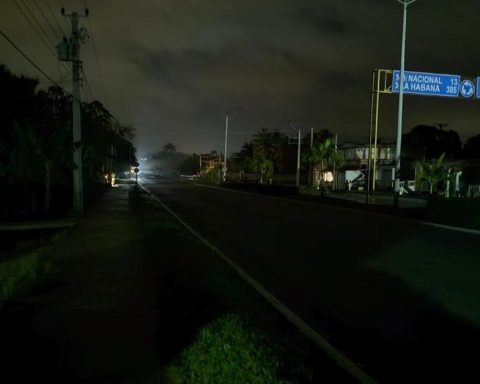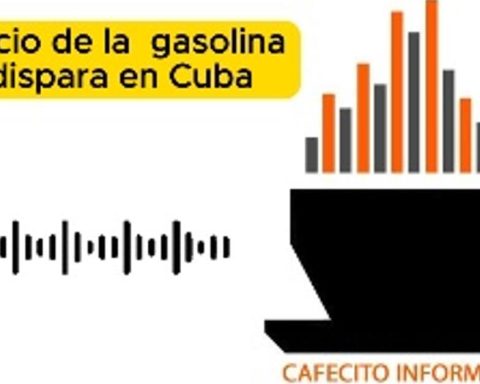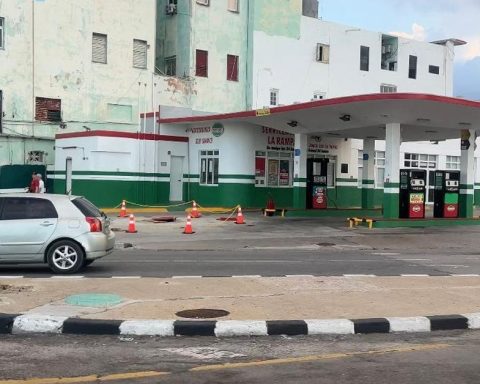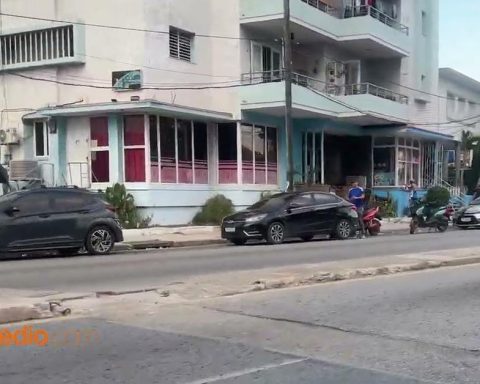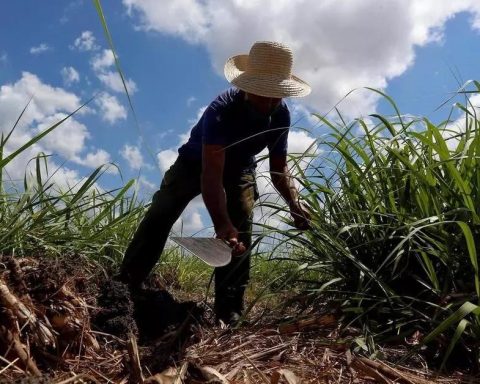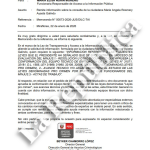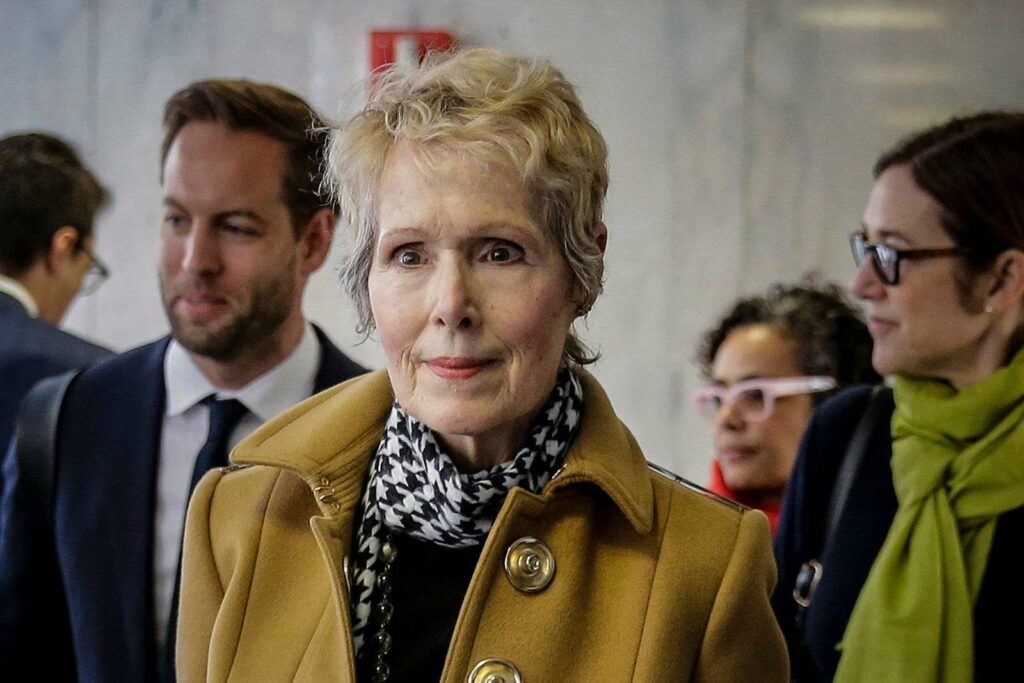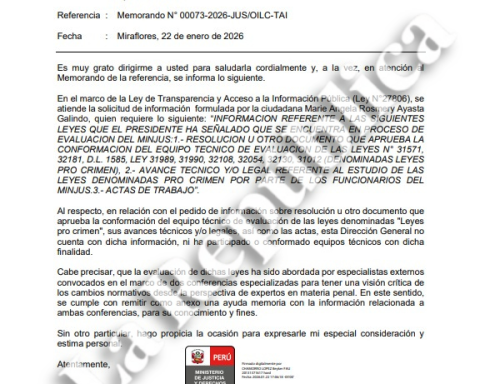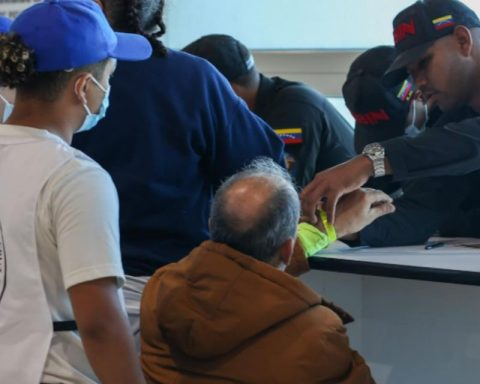Two days before the elections of the deputies to the Cuban Parliament, the international press has reviewed the days prior to the elections with perplexity. The conclusion: in Cuba you don’t really vote, but everything else—campaigns, rallies, and propaganda—has been present in the staging of “Cuban-style” democracy.
How an “unusual political campaign” qualifies Agence France-Presse (AFP) the public projection of Miguel Díaz-Canel during these days, especially in Santa Clara, the city that nominated him for Parliament and to which he “traveled more than a dozen times,” they recall.
The agency defines Cuba as a “communist country unaccustomed to electoral proselytism” exhibited by its current president, who tries to contain the advance of abstentionism in a “dissatisfied society.” He also cites the Cuban electoral law, which prohibits “all types of individual electoral propaganda”, something that none of the candidates – praised to paroxysm by the media in their provinces – have complied with.
“The outcome of the day seems inevitable, although one indicator that will be closely watched is how many voters abstain”
Associated Press (AP), an agency generally sympathetic to the regime, has taken a more critical tone in its analysis of the electoral process. “The outcome of the day seems inevitable, although one indicator that will be closely watched is how many voters abstain,” she says.
Sarcastically, AP comments that the Cubans “will elect 470 deputies from a list with the same number of candidates.” “There are no indications that the current president, Miguel Díaz-Canel, will leave office, for which reason he is expected to be re-elected,” he stated bluntly, which underscores the predictability of the day.
The EFE agency defines the situation as “relevant and controversial”, and points out that what is really at stake is not the election of deputies to Parliament, but the “social legitimacy of the system”, which massive abstention can put into question . The fact that Cuba does not admit the presence of international observers in these elections is, to say the least, worrying, he admits.
“In the absence of public surveys, a group to follow are young people, among whom disenchantment and political disaffection are permeating after years of serious economic crisis,” he explains, after providing the figure of the 13,000 Cubans over 16 who will attend for the first time to the polls.
Al Jazeera, what in a long report reviews the history of the last six decades from the point of view of the Cuban ruling party –highlighting the embargo against Cuba and extolling education and health as achievements– and without criticizing the system, however, it emphasizes the possible abstention. “Electoral absenteeism has become a feature of recent elections in Cuba. Turnout in the November 2022 municipal elections, for example, fell below 70 percent for the first time, indicating a disconnect in a system policy that depends on public support,” they explain.
“In the absence of public surveys, a group to follow are young people, among whom disenchantment and political disaffection is permeating after years of serious economic crisis”
The Argentinian infobae it refers to a “fall in credibility” of the regime and of the electoral process itself. The outlet considers that social discontent, aggravated after the protests of 2021 and 2022, will take its toll on the international image of the Cuban Government. “The living conditions that underlie both the rebellion and the mass exodus and, probably also the abstention in the voting processes, remain intact,” he settles.
For its part, the Mexican digital However accuses the regime of perpetrating a new “election simulation”. It clarifies that a minimum level of democracy should guarantee certain conditions – “multipartisanship, competitive elections, freedoms, accountability, cross-checks, rule of law” – the absence of which exposes the “illiberal autocratic model” of the Island.
Meanwhile, regime agencies such as Prensa Latina or allied chains such as Telesur They do not cease in their presentation of this Sunday’s elections as “a show of support for the socialist social and political model.” Despite describing the technical details of the voting, none of these media –nor the Cuban officials– explain the inconsistencies pointed out by international analysts or the exacerbated campaign that the candidates have waged in recent weeks.
Parties, absence of blackouts, a slight replenishment of stores and an overwhelming call to prefer the “united vote” – the pro-government slogan to avoid abstention and go to vote for the pre-elected candidates – fail to alleviate the tension that, both inside and outside the Island, already characterizes the prelude to these elections.
________________________
Collaborate with our work:
The team of 14ymedio He is committed to doing serious journalism that reflects the reality of deep Cuba. Thank you for accompanying us on this long road. We invite you to continue supporting us, but this time becoming a member of our newspaper. Together we can continue transforming journalism in Cuba.

